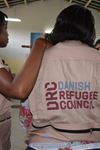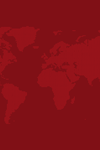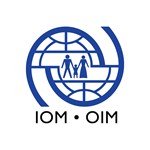
Burundi
DRC has been present in Burundi since 2018, supporting refugees, returnees, internally displaced persons (IDPs) and host communities in Muyinga, Kirundo, Ruyigi, Rutana and Makamba. Burundian refugees living outside of Burundi are in a protracted humanitarian situation, and the same applies to Congolese refugees living in Burundi.
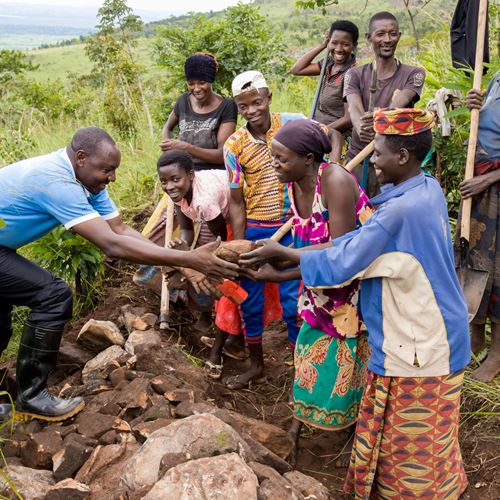
Displacement trends
Source: | DRC Foresight
Displacement Trends
Definitions
EDPs: Refugees under UNHCR’s mandate
IDPs: Internally displaced persons
Asylum seekers: People whose claims for refugee status have not yet been determined
Stateless: People not considered as nationals by any State
HST: People living in Host Communities
OIP: Others in need of International Protection
OOC: Others of Concern
Forecast
DRC forecasts are based on a machine learning tool that has been developed to predict forced displacement (IDPs, refugees and asylum seekers) at the national level 1-3 years into the future.
Why we are there
Burundi is one of the poorest countries in the world.
This, combined with Burundians returning from abroad without the means to settle and reintegrate into Burundian society, as well as frequent natural disasters leading to internal displacement, makes DRC’s presence in the country of critical importance.
DRC Burundi’s vision is to develop resilient displacement-affected communities in Burundi.
Refugees returning from the sub-region to Burundi will benefit from integrated protection and livelihood support to ensure a protective environment in order to say, "now, we feel at home – Nyumbani."
What we do
Protection
Displacement-affected populations often struggle to access the resources needed to ensure their own safety and well-being and to benefit from a protective environment. DRC in Burundi provides protection assistance including case management (including for sexual and gender-based violence and child protection), information and referral services, monitoring of the protection environment and works closely with community-based protection structures in order to accomplish the above.
As the number of returnees continues to rise, we conduct surveys and focus group discussions to ensure the centrality of protection through a collective collection and analysis of protection data and information.
This is to ensure adequate and timely understanding of current protection needs and risks for populations of concern, for the purpose of informing effective responses. DRC also supports discussions around durable solutions.
Food Security and Livelihoods
DRC Burundi meets the urgent food security needs of refugees, IDPs, returnees and host community returns through the provision of cash or in-kind livelihoods grants.
DRC is working on permaculture interventions across the country to restore agrobiodiversity, passively harvest water and nutrients, create abundant and organic food systems, and buffer communities from climate and weather extremes including drought, flood, flash floods, landslides and loss of fertile soils and biodiversity. In turn, this enhances the resilience of households, farms and landscapes.
Trainings and income-generating activities
DRC provides entrepreneurship and livelihood trainings including coaching, mentorship and vocational trainings (i.e. sewing, tailoring, livestock training, bio-briquette production, mechanics, etc.) to empower communities and increase opportunities for income-generating activities.
All our initiatives are developed with a strong focus on resilience and sustainability to allow those most in need to better face shocks and stressors.
Community infrastructure and services
DRC helps re/build and maintain physical community infrastructures such as public infrastructures (school rehabilitation and water tanks), communal agricultural and environmental activities (reforestation, irrigation canals, etc.), as well as disaster risk reduction, mainly through soil conservation or community cohesion in displacement-affected communities.
Working in collaboration with


Danish Ministry of Foreign Affairs
Contact

James
Curtis
Executive Director East Africa & Great Lakes
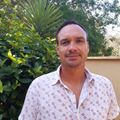
Stephan
Deutekom
Country Director
